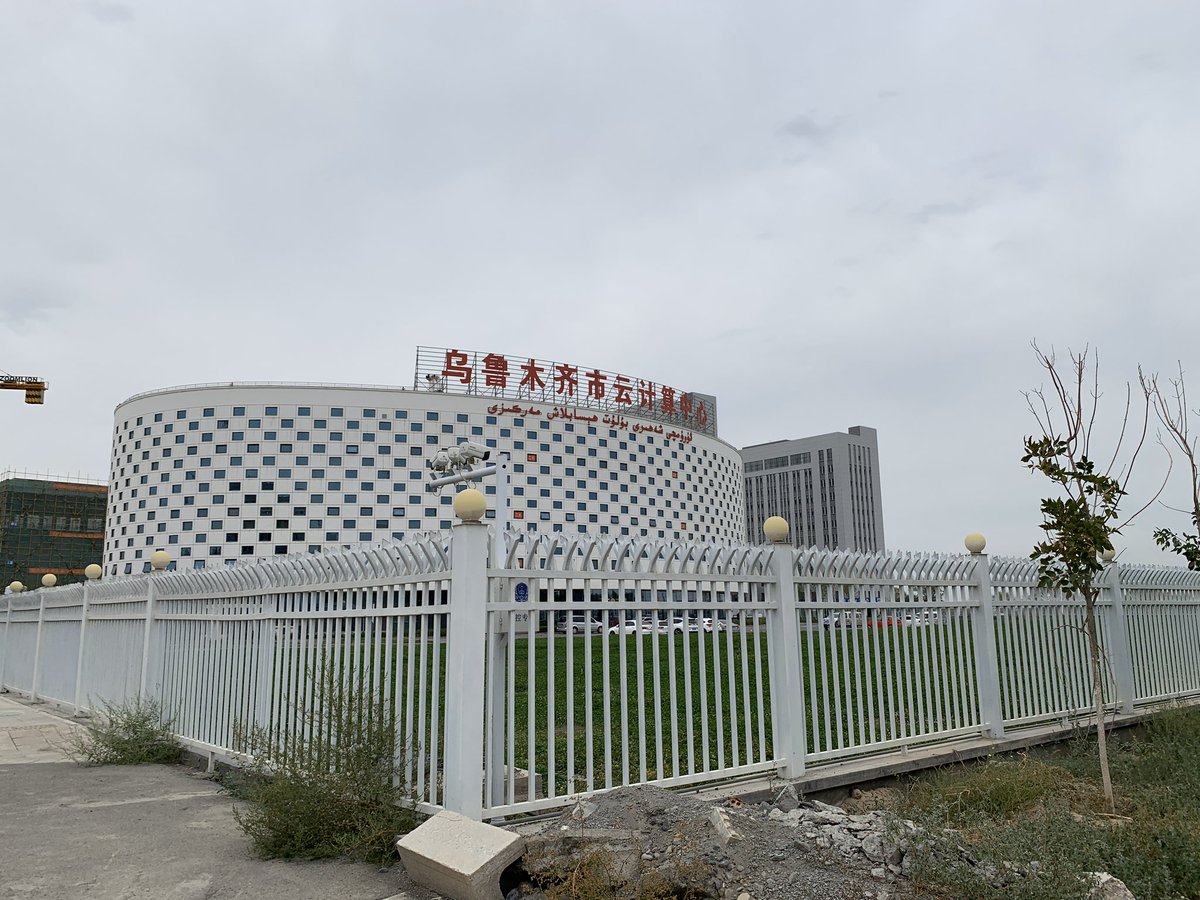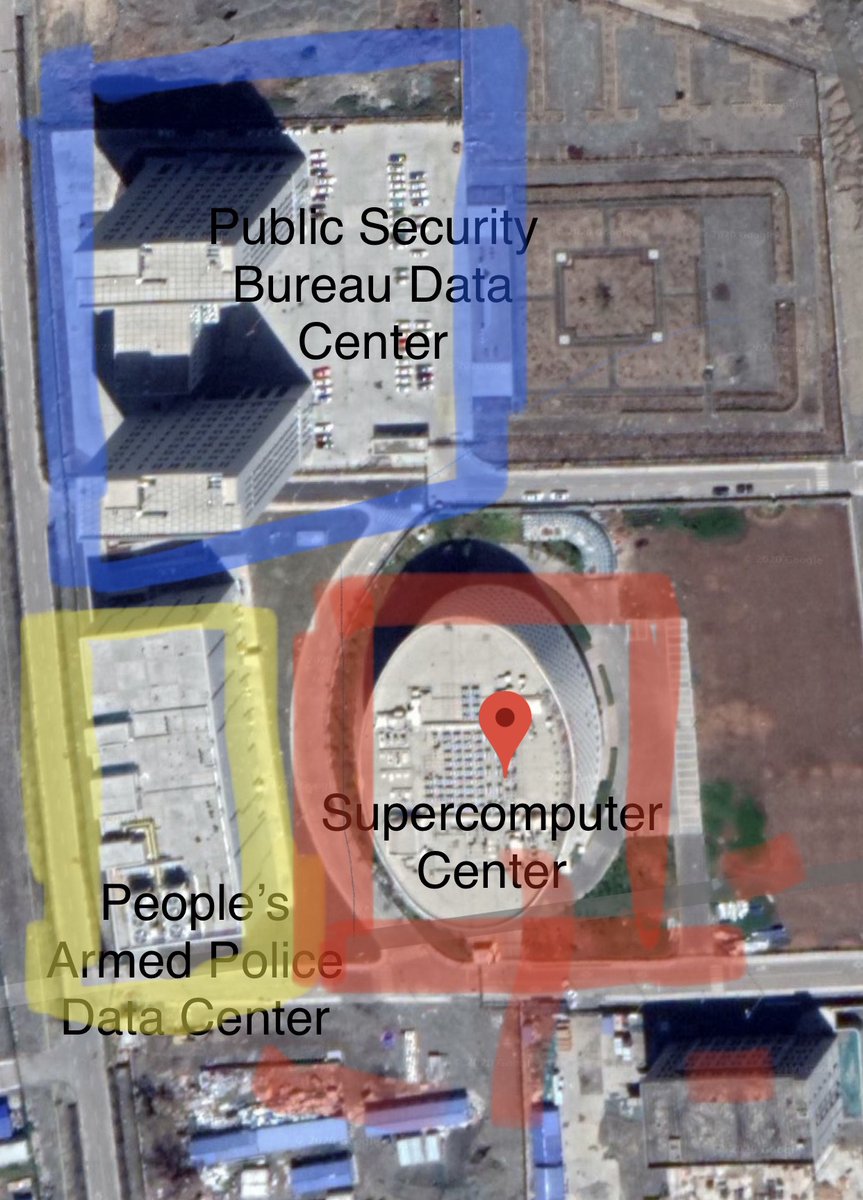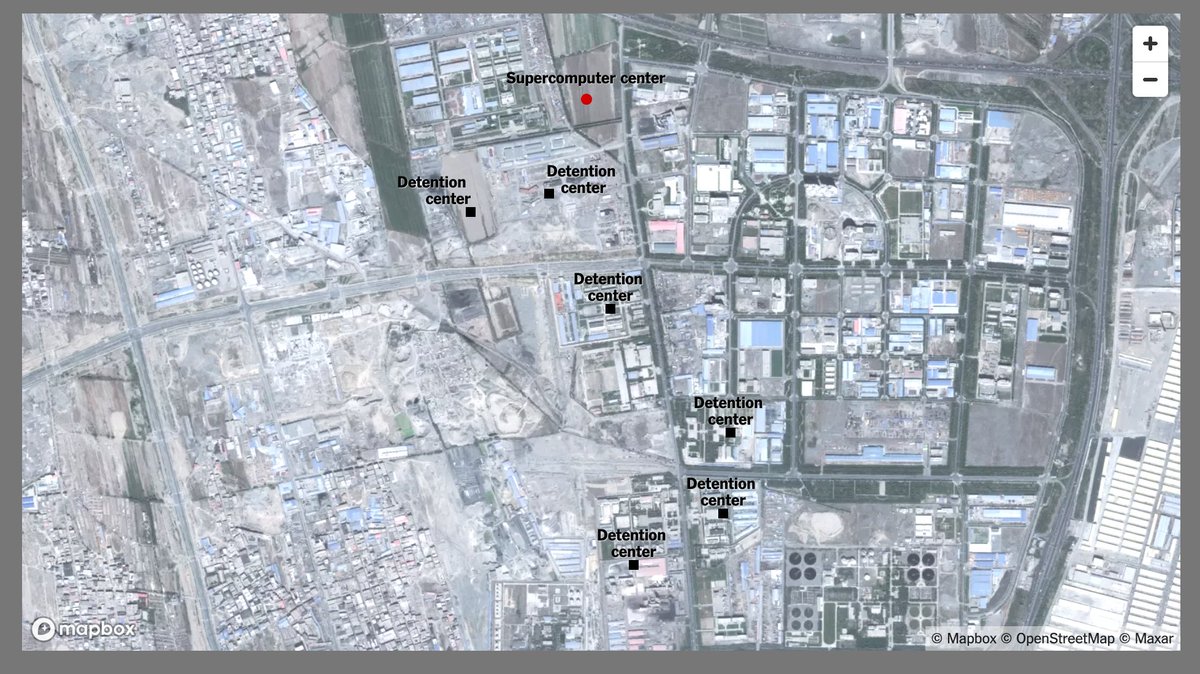
The world's best system of disinformation sits not in Moscow, but Beijing. A new leak shows how Beijing pulled on specialized software, censors, trolls, snitches, and police to exert precise control over the early narrative of the coronavirus pandemic. nytimes.com/2020/12/19/tec…
Videos that showed hospitals overrun, corpses in the streets, angry residents in lockdown were purged. Media was ordered not to call the virus fatal. Terms like lockdown were downplayed. The heroism of party officials was emphasized. 

While controls were aimed primarily at a Chinese audience, officials were aware sought to use the censorship to impact opinions abroad. One directive instructed officials to “actively influence international opinion.”
As Beijing sought to acquire masks and personal protective equipment from around the world, officials downplayed information about their growing stocks of such gear, out of fear it could disrupt further efforts to get equipment from countries soon to be hit by the virus. 

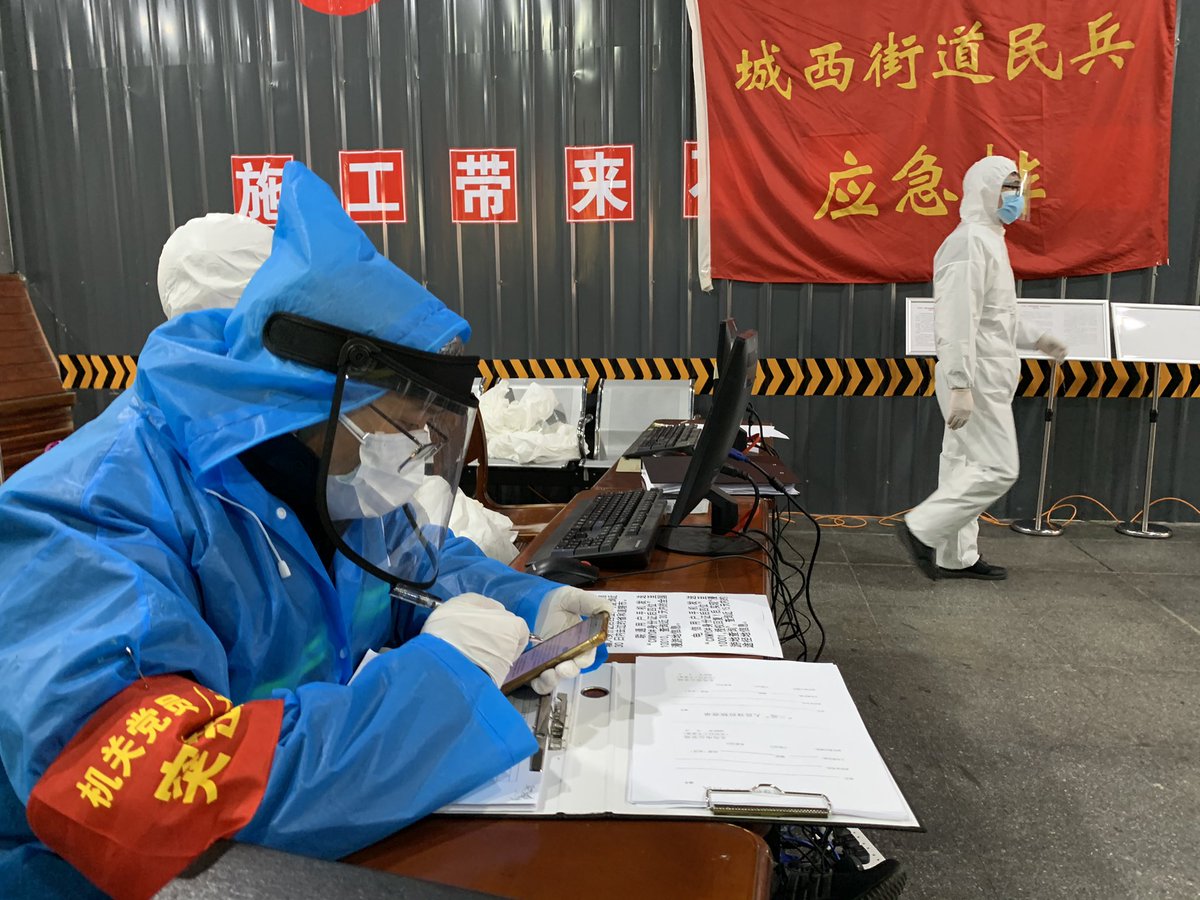
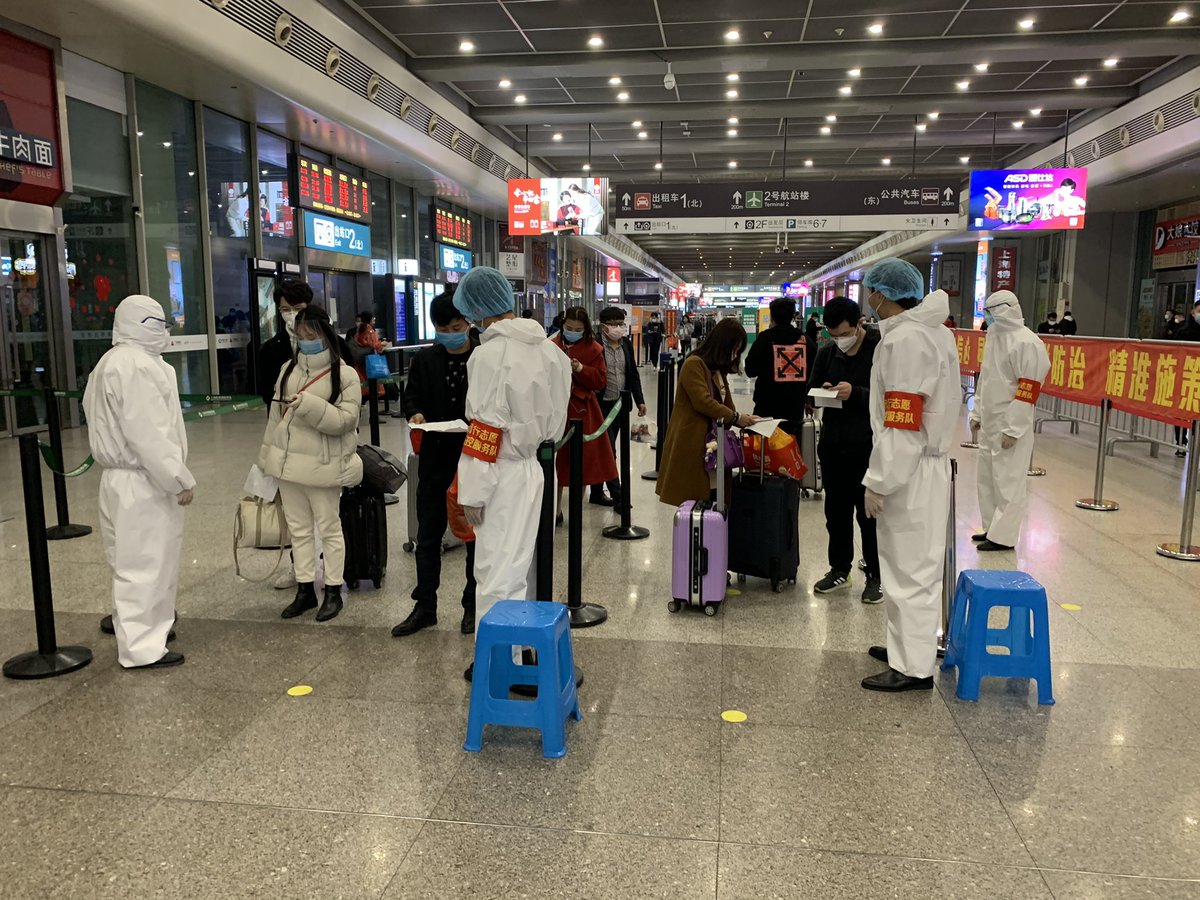
Officials played up the WHO praise of China, but downplayed its declaration of a global emergency. As the WHO was drawing comparisons between covid and SARS, Chinese officials banned such comparisons online. 

At times officials followed best practices for a public health crisis. Instructional videos on masks/hand washing were released. Bans on ads for quack cures were enforced. Yet overwhelmingly thousands of directives were about downplaying the virus’ threat and burnishing the CCP. 
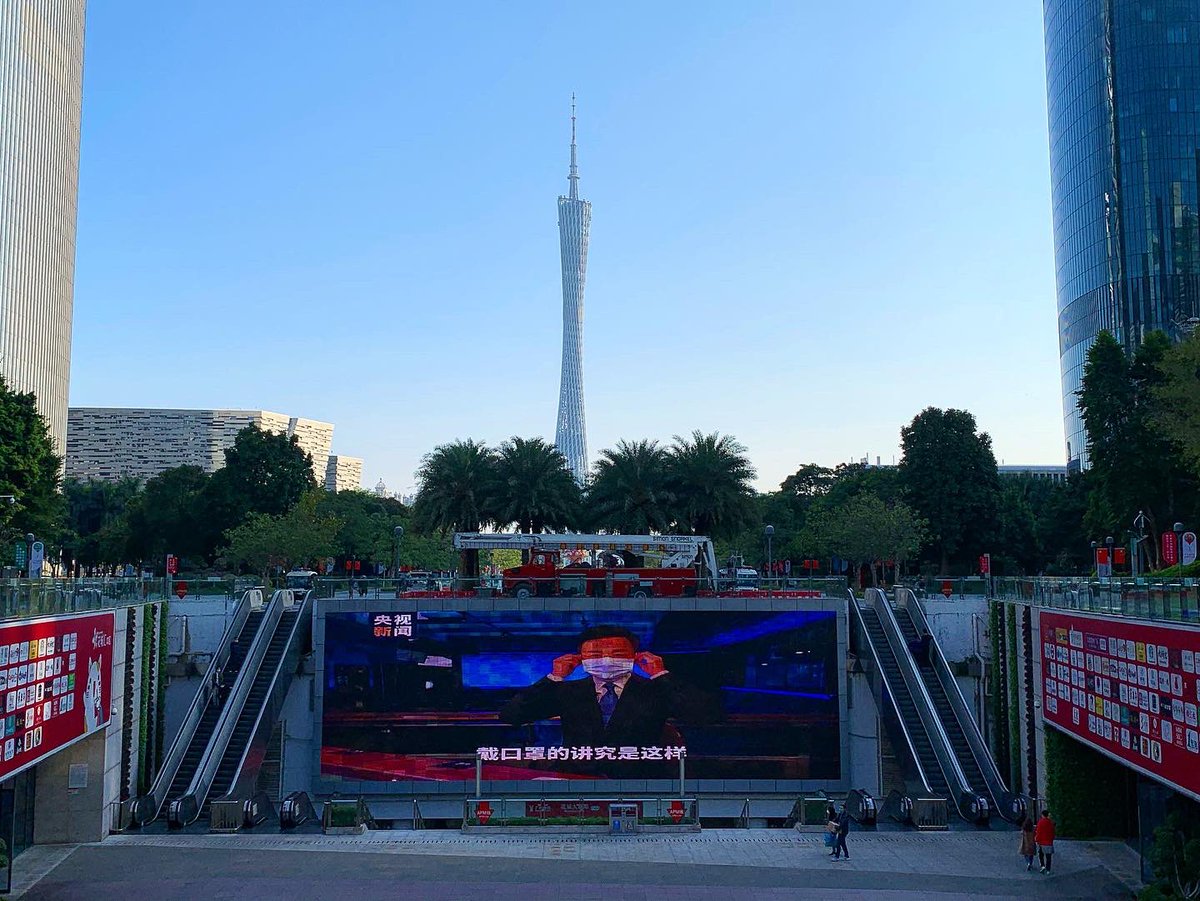
It’s hard to know whether a more honest account from China would have helped the world respond better. In many cases probably not. But what’s key is Beijing believes its control over the internet is a powerful weapon, and it will continue to use it to mislead the world. 
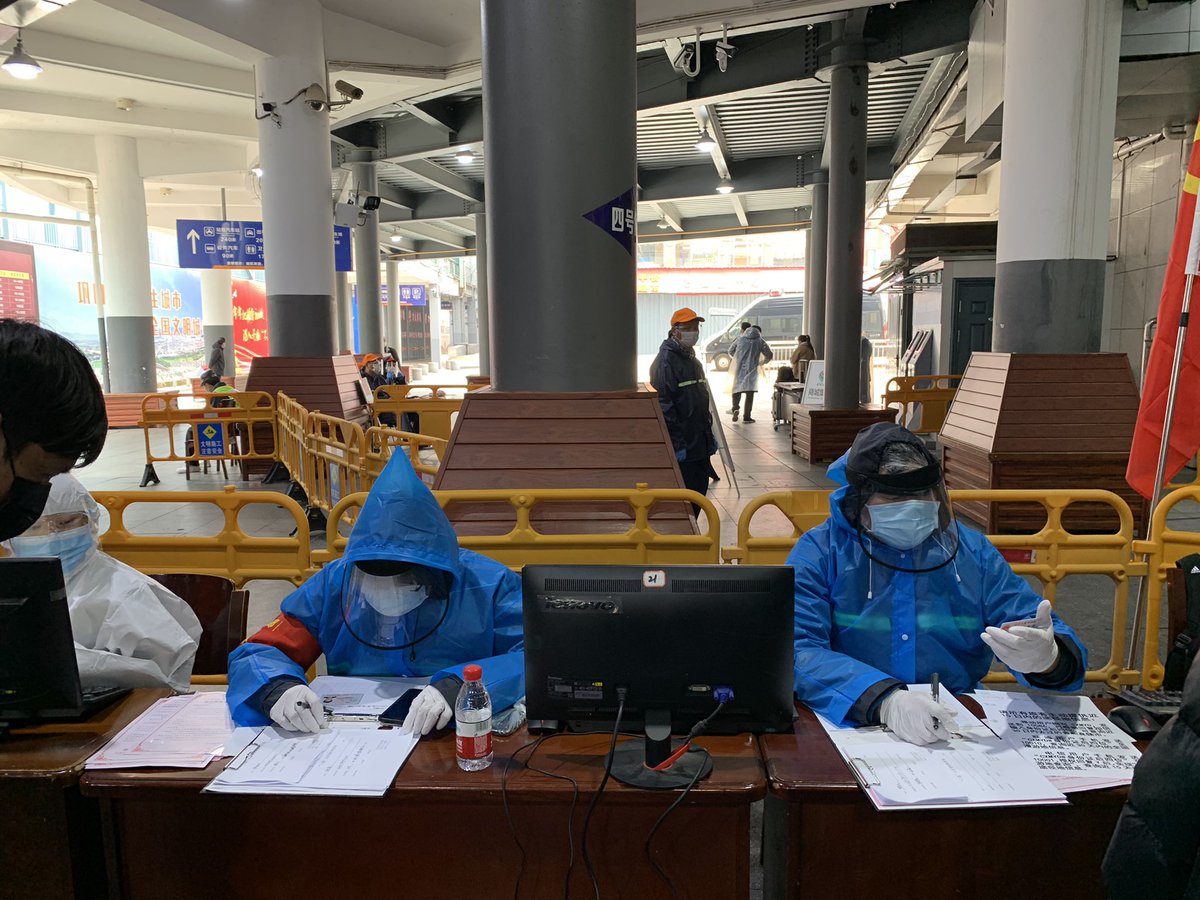
It’s worth asking whether the global community should feel comfortable about an emerging superpower so committed to misleading everyone. I have covered this for years and I was shocked at the sophistication and ingenuity plowed into manipulating the internet. A few examples:
The bureaucracy runs all the way to the district level. Local officials scrub the internet of local scandal, pull on snitches in closed chat groups to find loudmouths, call the internet police to harass them, and command troll armies. All these efforts are methodically tracked.
For instance, during the outbreak each district in Hangzhou sent back forms at 4:30pm and 5pm summing up their activity for the day. How many harmful posts they deleted, how many accounts they shut. How much traffic gov’t commenters got. Incredibly thorough and methodical. 

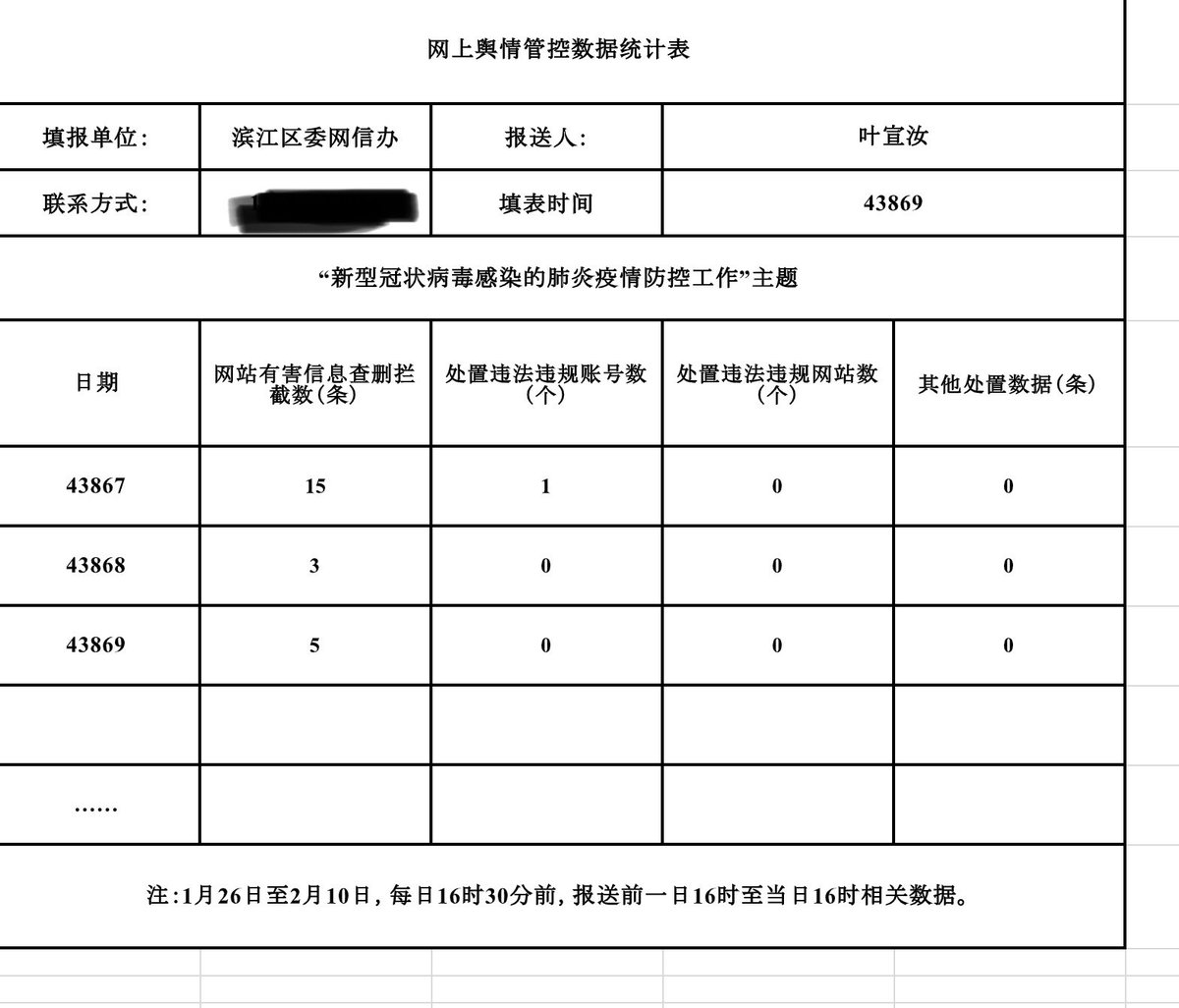
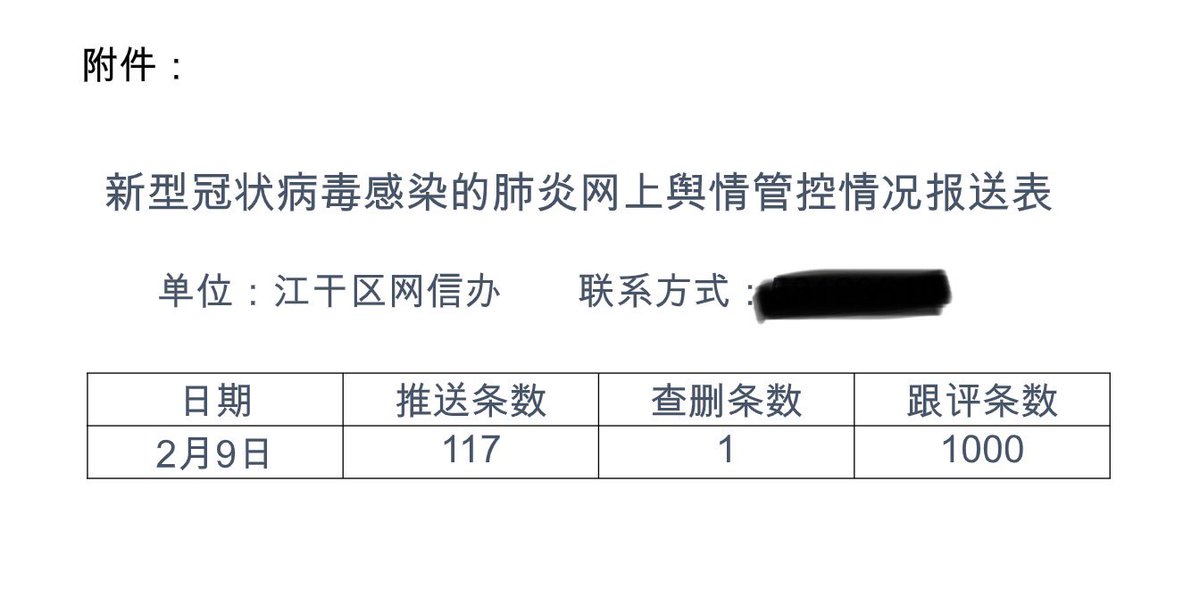
They also track social media accounts/websites they took down. Over the years officials have gotten more aggressive at pulling accounts/sites and reporting them to police. Following a CAC meeting about the virus in Feb, a stern warning to close any problem sites was issued. 


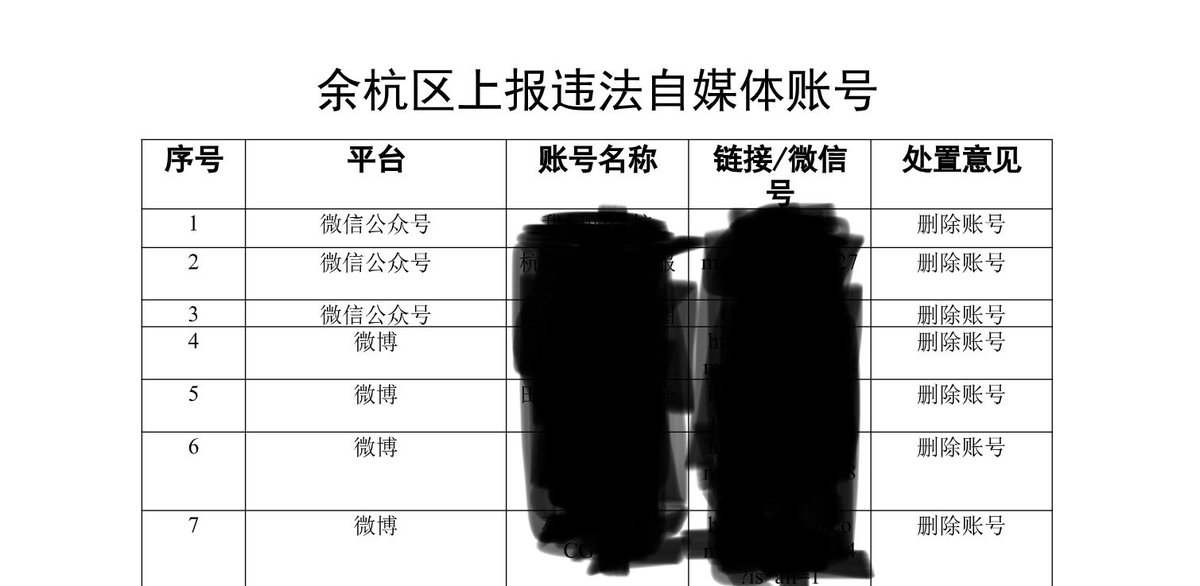
Then there are the paid commenters. Hundreds of thousands of low level gov’t employees are ordered by officials to post positive comments online. They use specialized software to command large numbers of accounts and mass post. Here’s a guide to what they get paid in Guangzhou: 
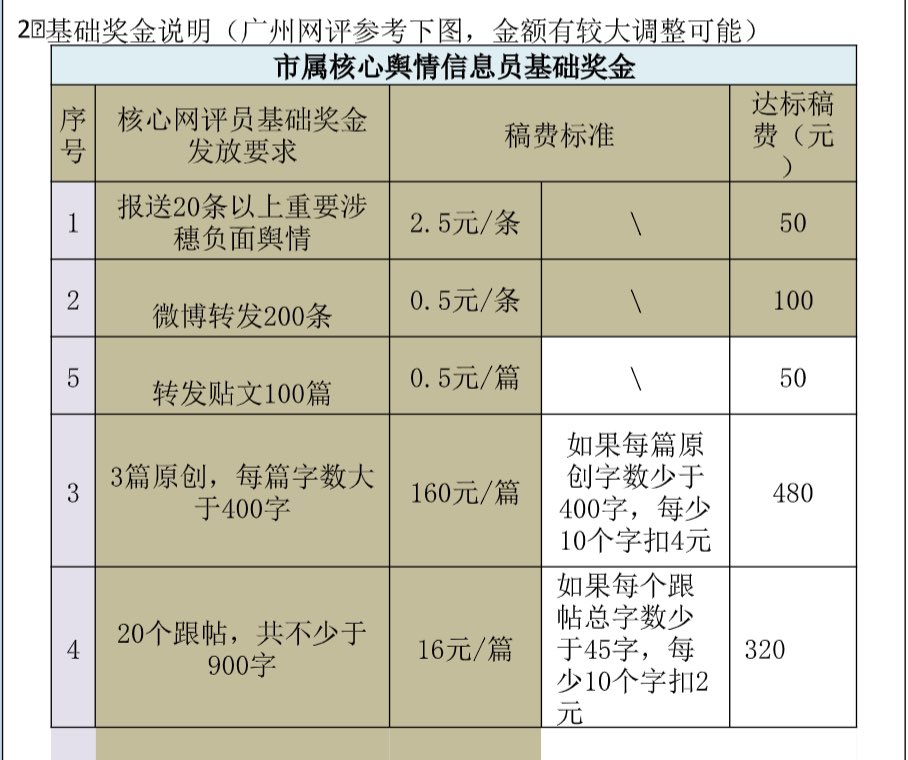
Another system to train online commenters allows officials to put trainees onto two teams, and then let them compete to be the most influential with whatever message they are ordered to spread. 


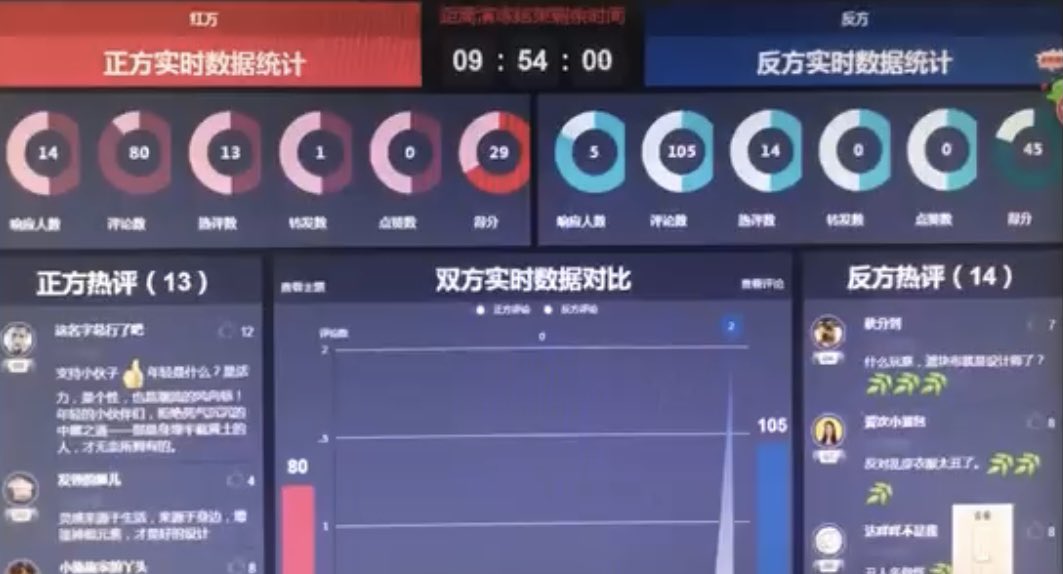

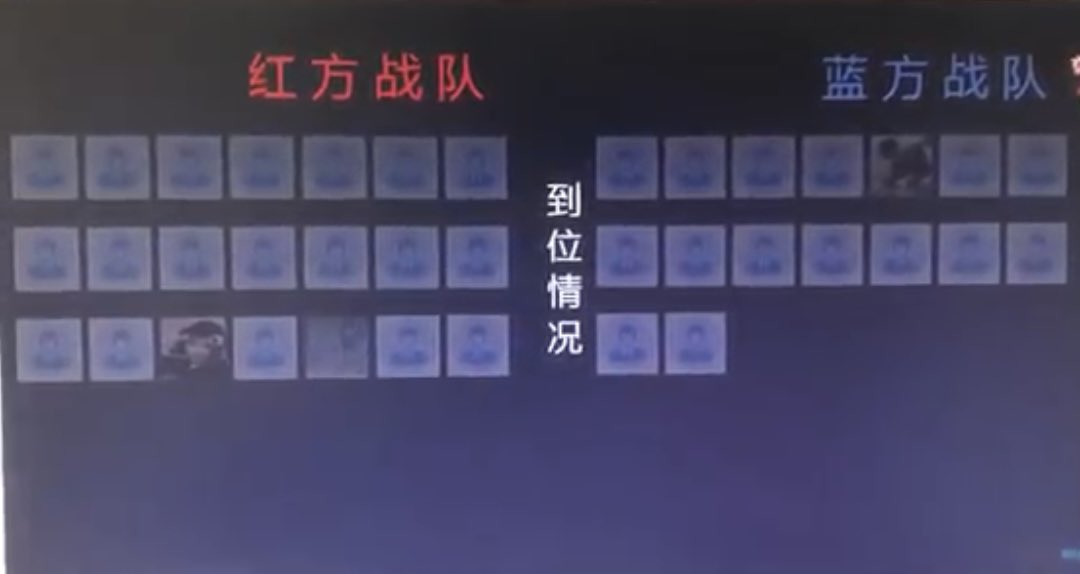
The old idea that censorship is about deleting needs to be tossed away. Chinese officials have crafted something much more sophisticated. It deletes, but it also uses fake commenters to distract, snitches to inform, and police to threaten. The system worked well during the virus. 

Even when calls for freedom of speech trended after Li Wenliang’s death, officials fought back and won the day. Looking at it today, they have engineered a new nationalist consensus. Amazingly, the internet has become a strength for the party to enforce social controls.
As democracies struggle with the reality distortions of social media, Beijing has weaponized the internet’s power to inflate filter bubbles that help it rule. It’s a key part of its governance system, and something officials want to export. It may well change the global internet. 
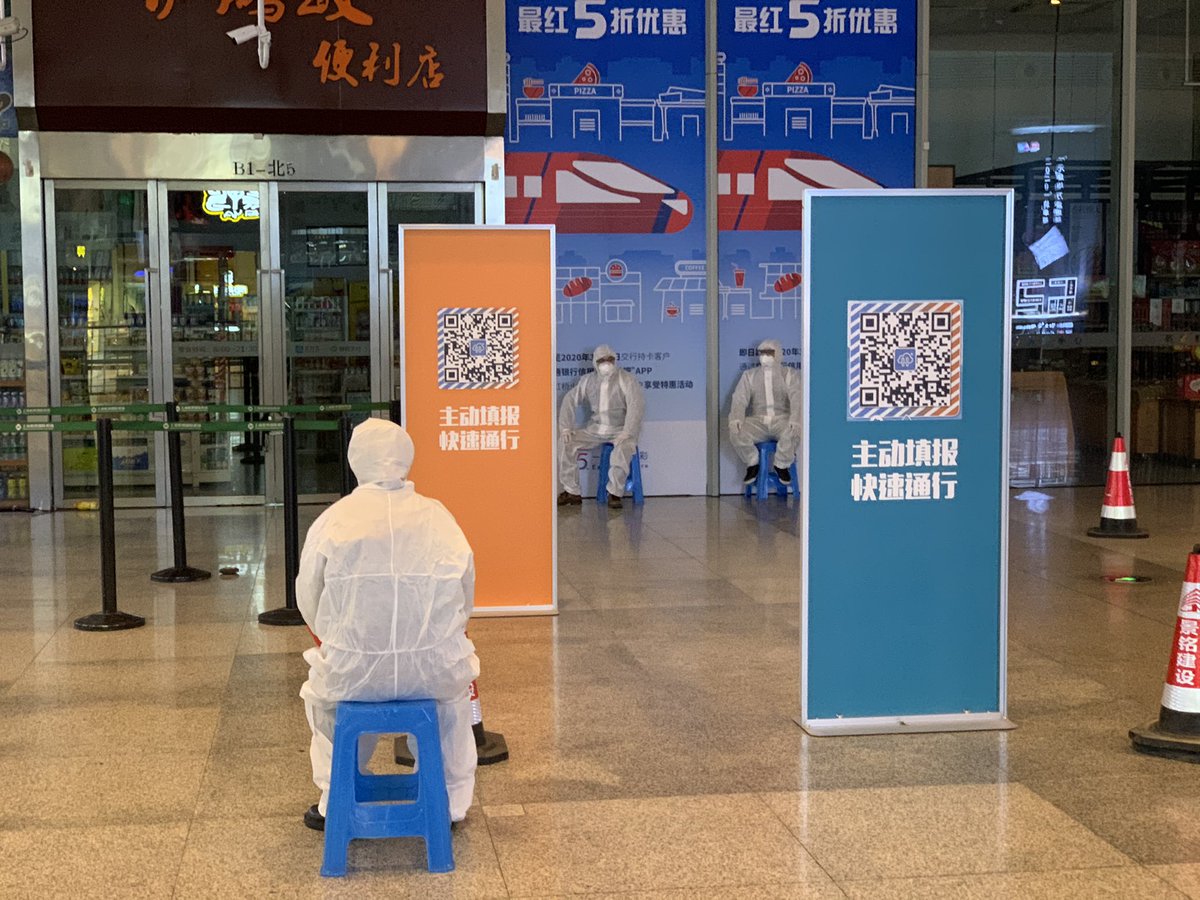
• • •
Missing some Tweet in this thread? You can try to
force a refresh

